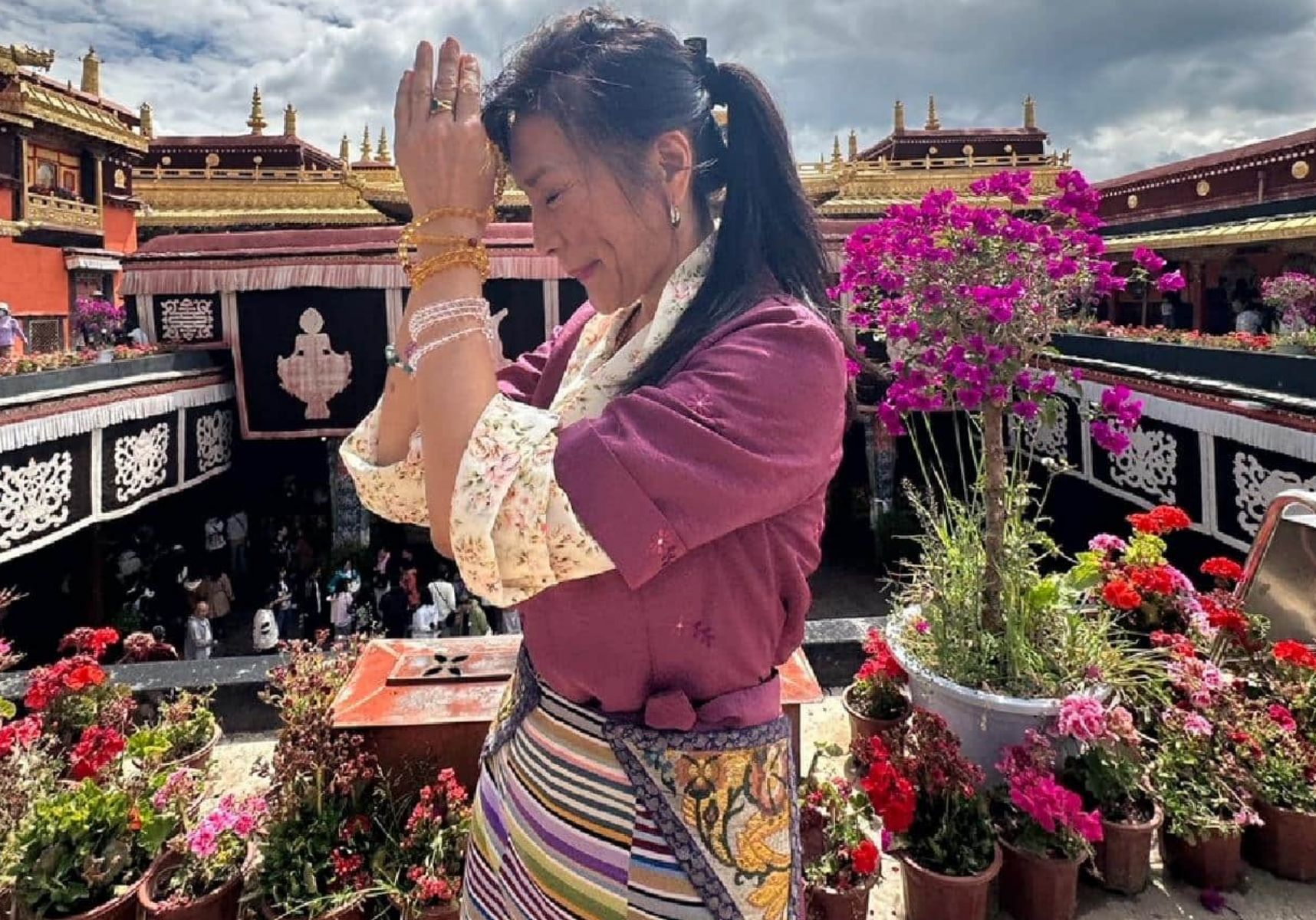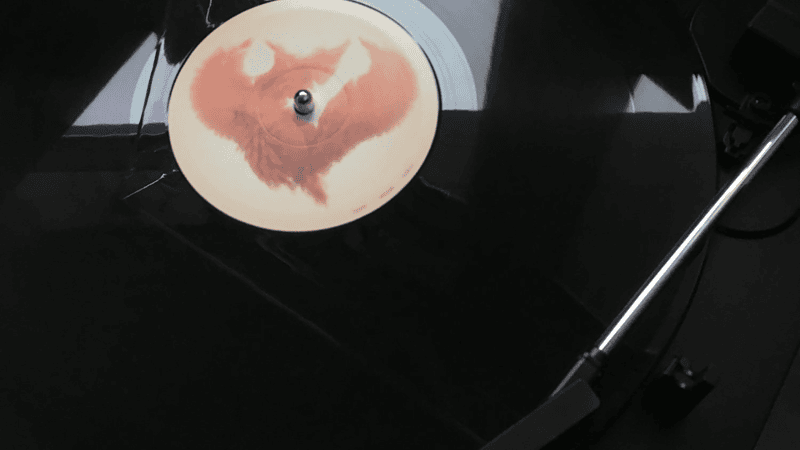
Harmony in the Himalayas
Dechen Shak's Musical Journey from Exile to Homecoming - By Chris Corbett
Reading time: 3 minutes
After Dechen Shak fled Tibet as a child when the Chinese invaded, she built a successful career in Switzerland as a singer, working on four albums with Tina Turner and singing in Carnegie Hall. But her biggest wish was to perform in her homeland. After 64 years she was able to realize this dream as the first Tibetan exile to be invited to perform in Tibet due to the growing tolerance by the Chinese for allowing cultural events.
Based on her music which promotes peace and reconciliation, an historical invitation came this summer to perform for the fifth Tourism and Culture Expo in Lhasa, the capital of TAR (Tibet Autonomous Region of China) - ‘The City of Gods’ - where both her grandparents are from. "I have always been trying to build a bridge between China and Tibet, by showing solidarity with both cultures,” Dechen said.
Fifteen years ago, she joined forces with the Swiss-Chinese Olympic champion Donghua Li to host a charity event for the victims of the earthquake in Sichuan where around 100,000 people died. This was followed in 2014 by an album, ASIAN JEWEL, featuring two renowned Chinese musicians.
Before leaving for Tibet, Dechen worked with her producer Helge Van Dyk to produce a modern version of ‘My Lhasa Song’. It’s a traditional love song, written in the 17th century by the 6th Dalai and known by Tibetans around the world. Dechen performed it on two occasions in Lhasa and people were overwhelmed, getting up from their chairs to sing along.
“For me this song has a special power of reconciliation that makes peaceful coexistence possible. Especially at a time when terrible wars are taking place in other parts of the world, mankind must never give up hope for peace.” The song is now available for listening on Spotify and on YouTube.
Dechen believes music is a bridge between cultures: “Music opens the door and my personal aim was to build a bridge, not to engage in political activities. It’s able to put us in a place where dialogue is possible. Music has a special power to transform what is stuck. Like different views and ideologies, and in Tibet both sides got stuck. The Chinese were scared of Tibetans from outside as potential activists and Tibetans felt every Chinese person hated them. I could see my music helped to loosen up the strong, fixed feelings.”
Her experience in Tibet is what Tibetans had hoped for since the Chinese takeover. “The Chinese have kept their promise because after the Cultural Revolution, the Tibetan culture was at risk. The language and writing were not allowed in schools and monasteries had restrictions. It was a critical time but eventually the Chinese came to realize the Tibetan culture could also benefit their people.
Now they have the freedom to practice their religion, language and writing without restrictions. Everything is written in both languages. I felt that Lhasa is a vibrant city that wonderfully combines tradition and modernity. I could also see that the poverty in both China and Tibet has been uplifted and they enjoy the same comforts and living standards like in the West.”
Dechen Shak-Dagsay is a Swiss-Tibetan singer and book author who grew up in Switzerland and shares the Buddhist wisdom of her homeland through her music. She’s the eldest daughter of The Ven. Dagsay Rinpoche, a Tibetan Lama, who gave her the Tibetan mantras that she performs for audiences all over the world.
Dechen’s album Dewa Che received Gold Record status in Switzerland and was voted in the United States as "Best Spiritual Album." She recorded nine more albums as well as performing many international concerts in Europe, USA and Asia, including for the Dalai Lama. In 1994 Dechen was asked to sing on the soundtrack of Bernardo Bertolucci's movie Little Buddha. Dechen also founded the Dewa Che charity organization which engages in social projects in Tibet, providing vocational training for young Tibetans to help sustain themselves and their families.







